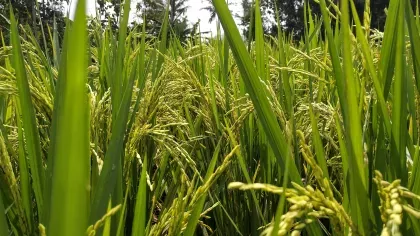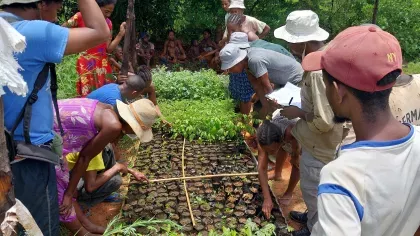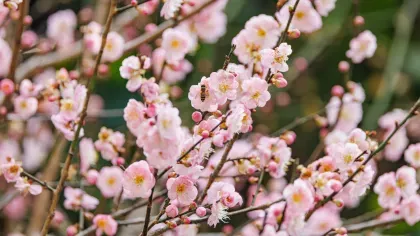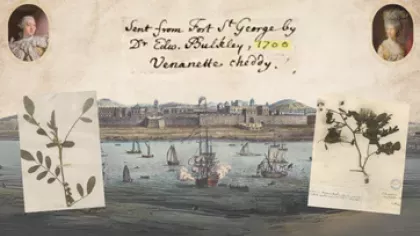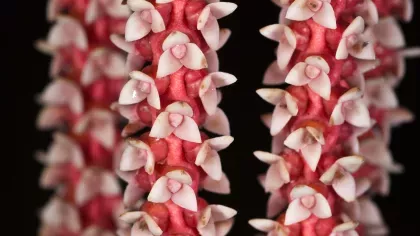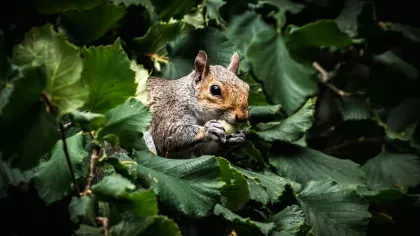15 October 2018
A blossoming partnership in Japan
New partners in the Global Tree Seed Bank Project, the University of the Ryukyus, Okinawa begin a programme of tree seed collection and research.

Importance of trees
Many people will appreciate the majesty and beauty of trees in their local surroundings. Trees are also incredible resources, providing essential materials such as timber, fuel, food and medicines. In the landscape, they perform vital services such as water catchment, erosion and pollution control and climate regulation. Yet, trees are under increasing threat from habitat loss, climate change, pests and diseases. Through its science and conservation work, Kew is actively working hard to protect trees around the world for future generations.
Global Tree Seed Bank project
One such activity is the Global Tree Seed Bank project. Funded by the Garfield Weston Foundation, the main aims of this project are: firstly, to work with partner organisations across the world to conserve 3,000 of some of the rarest, most threatened and useful trees and woody shrubs; and secondly, to undertake research programmes to improve our knowledge of tree conservation. In April 2018 the University of the Ryukyus in Okinawa, Japan became one of the latest partners of the Global Tree Seed Bank project.
Biodiversity hotspot
Due to its geographical spread and geological complexity, Japan is remarkably diverse in climate and ecoregions. From the hemi-boreal coniferous forests of the north islands to the subtropical evergreen broad-leaved forest of the Ryukyu islands, Japan supports a vast number of species and is recognised as one of the World’s biodiversity hotspots. Of Japan’s estimated 5614 species of vascular plants, 33% are endemic. However, much of the country’s vegetation has been affected by human activity.
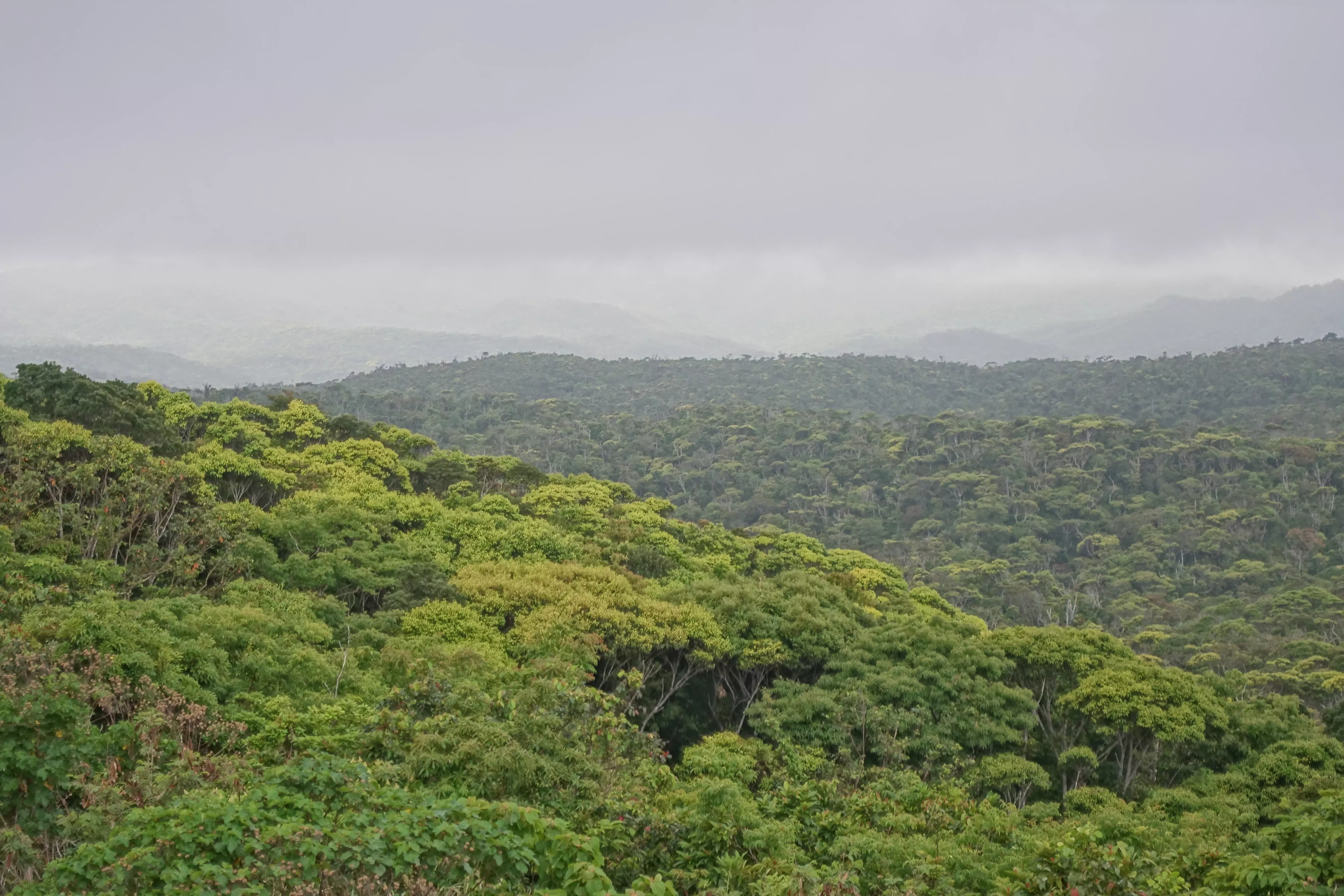
Partnership
As part of the Global Tree Seed Bank project, the University of the Ryukyus and colleagues from Kyushu University will collect the seeds of 100 tree and shrub species for long-term conservation from three islands in Japan (Hokkaido, Kyushu and Okinawa). The seeds of 70 tree species will also be collected for research on their seed behaviour. In particular, we are interested in how sensitive the seeds are to drying (desiccation). Species, which cannot survive desiccation to the levels required for storage in a seed bank, are known as recalcitrant and cannot be stored by the conventional methods of seed banking.
Seed conservation training course
In April 2018, the project kicked off with a five-day training course delivered by Kew scientists at the University of the Ryukyus, Okinawa, which was attended by participants from the University of the Ryukyus, Kyushu University and representatives from six other organisations.
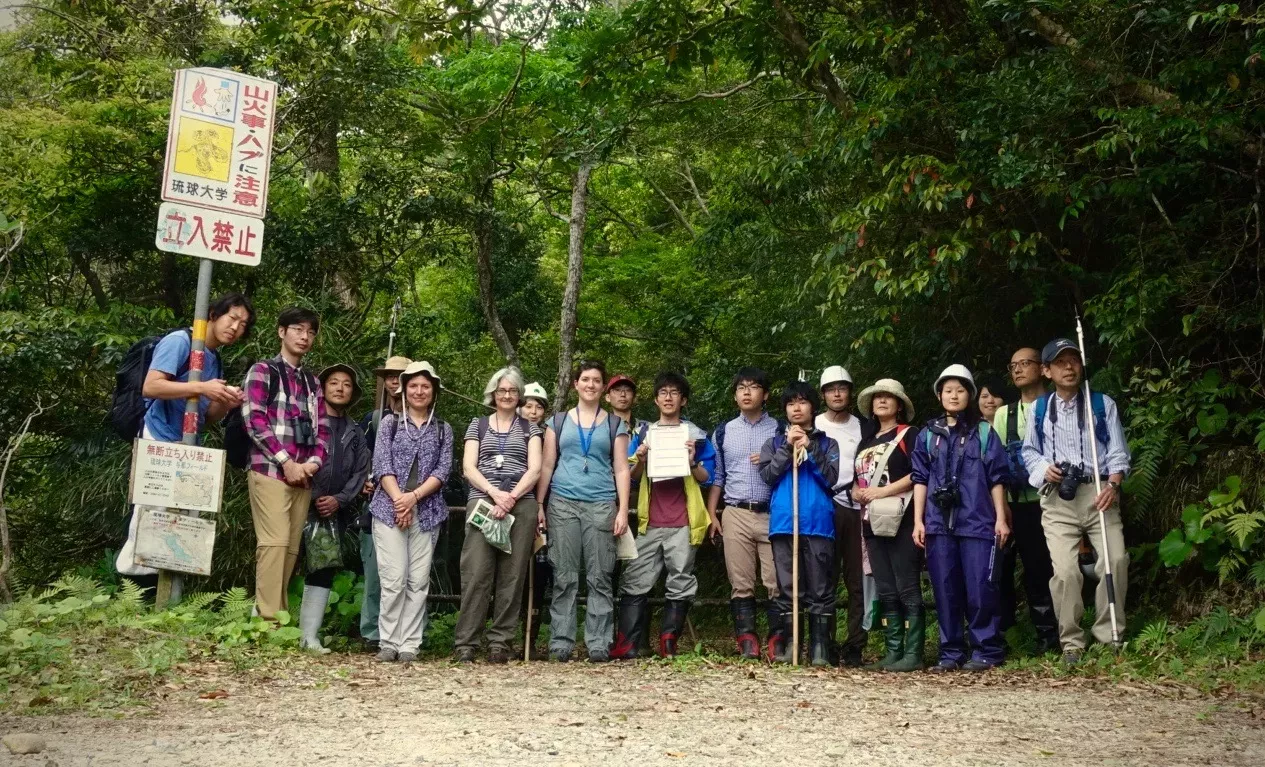
The course covered many aspects of seed conservation, such as seed collecting, and the processing of seeds after collection, as well as dormancy breaking, germination testing, and desiccation sensitivity screening. We also spent a day seed collecting at Yona Field, a subtropical field science centre located in the north of Okinawa. During this trip, the course participants made their first seed collections, whilst being ever watchful of the threat of Habu (very venomous pit vipers), which are prevalent in the area.
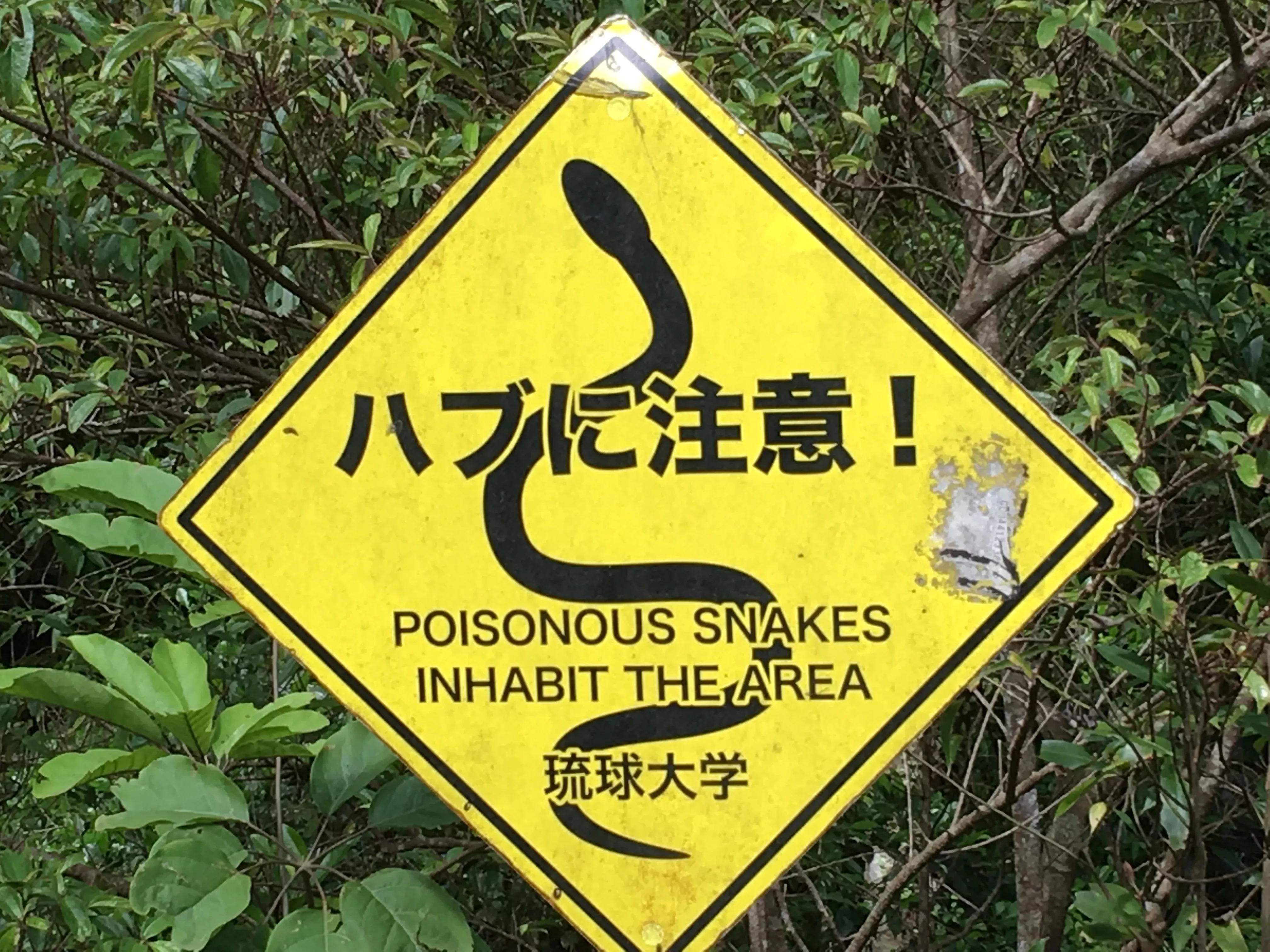
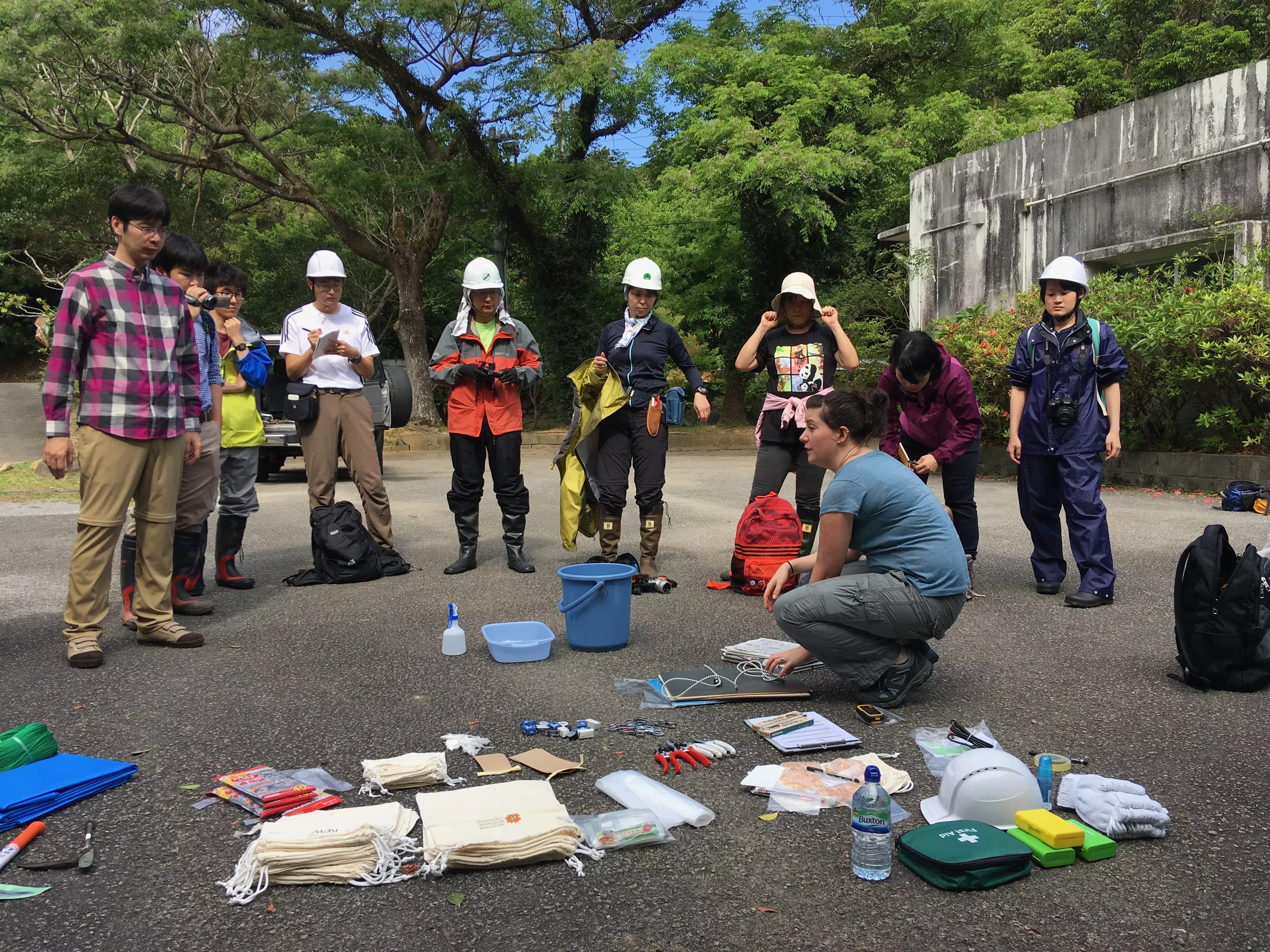
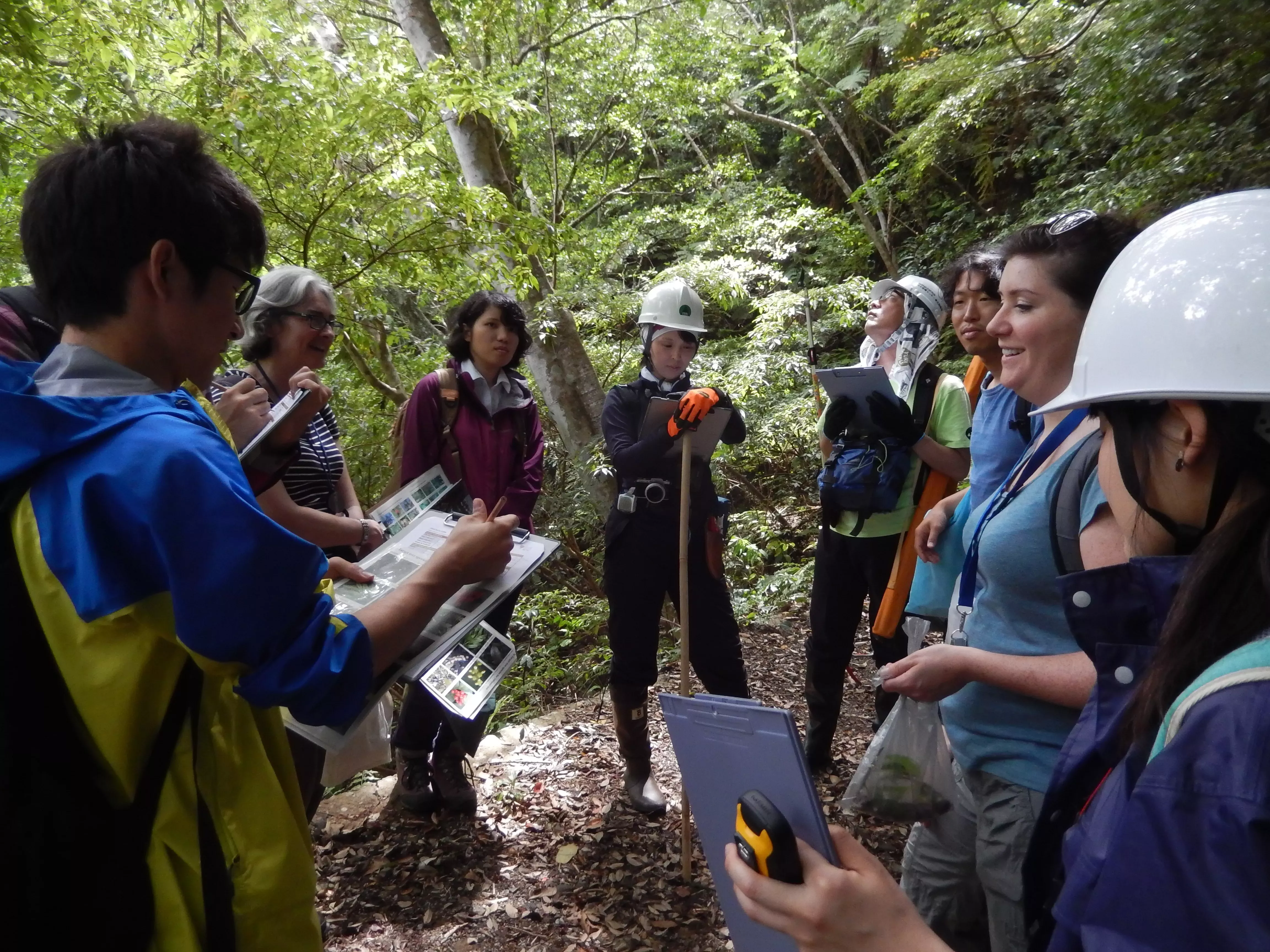
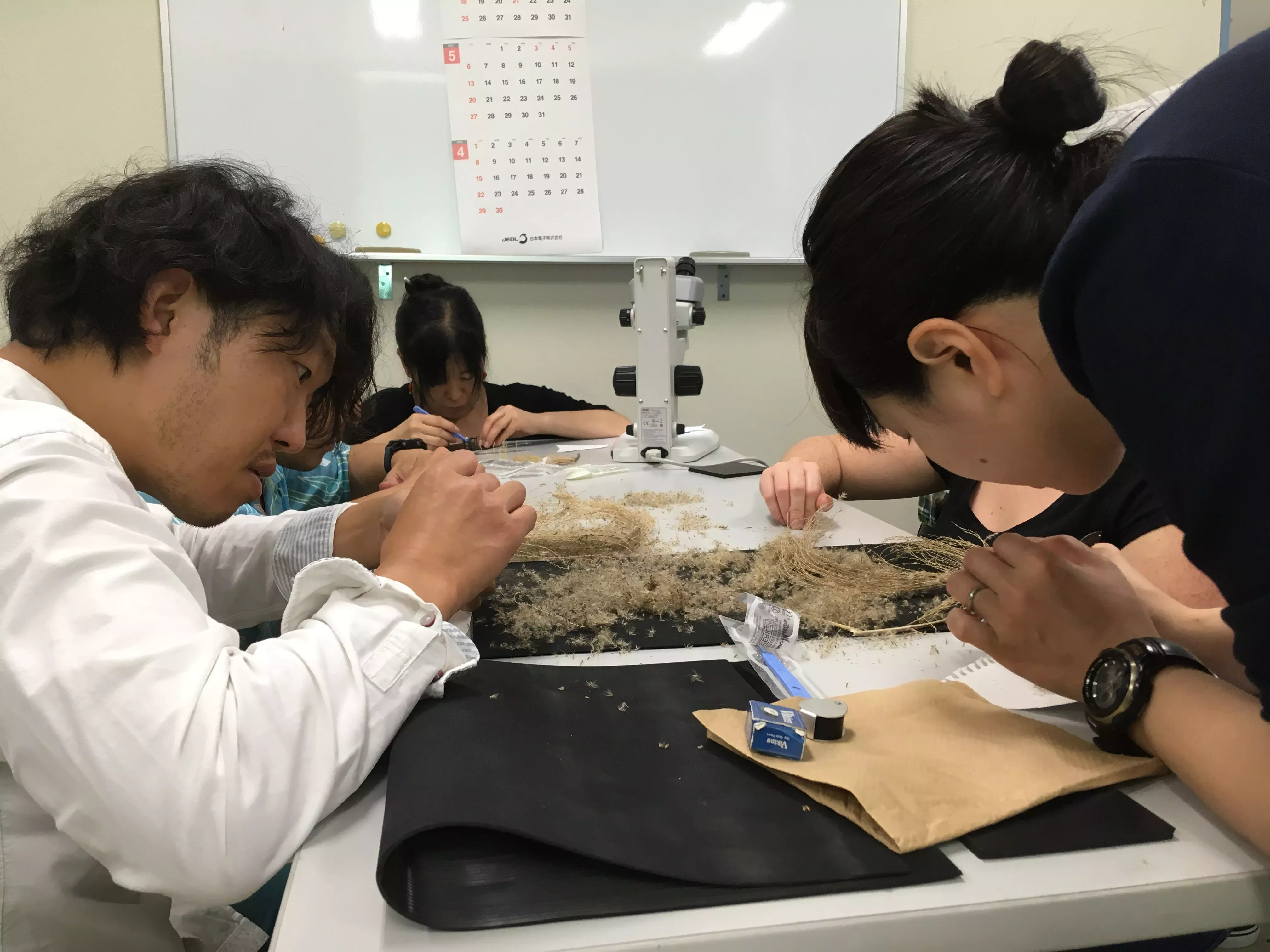
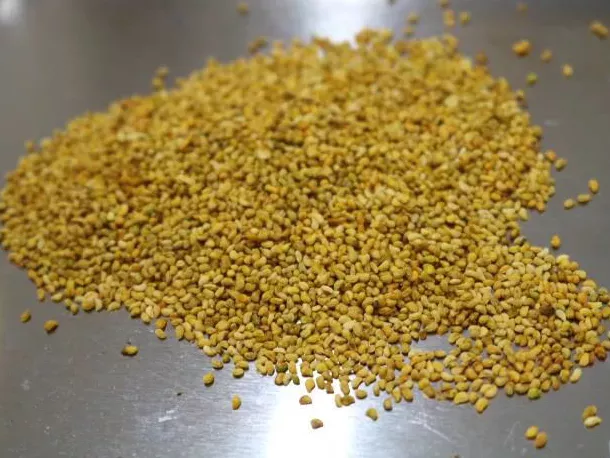
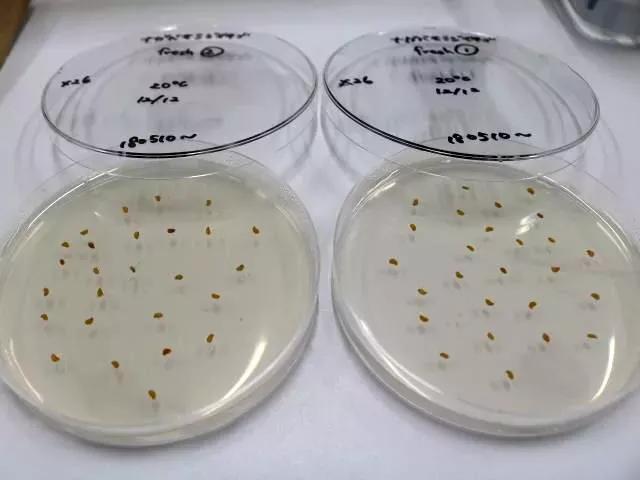
Project progress
Since April, the partners have been busy in the field making seed collections for both conservation (storage in the seed bank) and research (seed desiccation tolerance screening). Of the 22 species collected so far, seven are for conservation and 21 species have completed, or are currently undergoing, seed desiccation tolerance screening. By confirming the seed storage behaviour of these species, we can determine the most suitable strategy for their conservation long term.
The Global Tree Seed Bank project is generously supported by the Garfield Weston Foundation.

